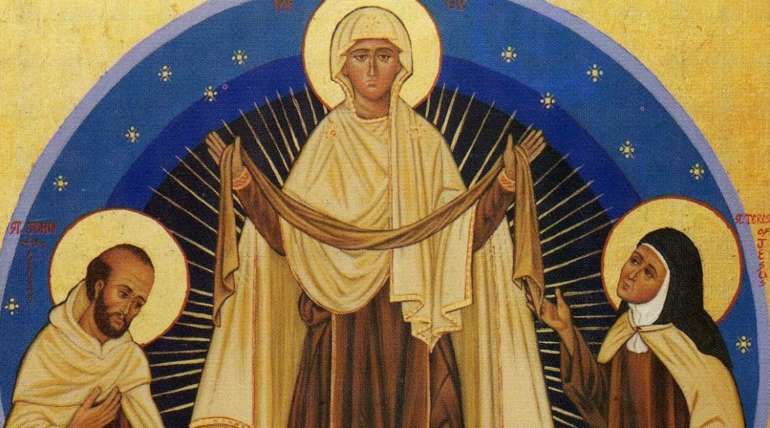20th SUNDAY A
For historical reasons there was no love lost between Jews and Canaanites. The scene of this woman of Canaan accosting Jesus must have been as embarrassing for her as her shouting for mercy was for Jesus. She had two strikes against her: she was a woman and a Canaanite, two classes of people who were looked down upon by Jews. Who are the Canaanites in our society today? Who are the people we can’t stomach but know deep down we should accept and be open to? Is it possible that in listening to them we might hear God speaking to us? We are conditioned to be exclusive rather than inclusive in how we see people – ‘we’re right and they’re wrong.’ Jesus wasn’t like that. He was very inclusive. He walked both sides of the street. He offered the example of the Good Samaritan as the way to be his follower.
“I was sent only to the lost sheep of the house of Israel,” Jesus said. The unexpected encounter with the Canaanite woman seems to have caused Jesus to pause and question his own assumptions and his mission. Many parents have raised children to be good Catholics only to find out they no longer believe any of it. That kind of experience can cause anybody to rethink their faith, their lifestyles and their everyday values. What are some of the things that have made us question our faith and the direction of our lives?
O woman, great is your faith. What faith? The woman was not of Jesus’ Jewish religion but a worshipper of the gods of Tyre and Sidon. Yet her daughter was healed because of her faith. Faith is about trust, trusting God. The doctrinal content of faith is one thing but the core of saving faith is trust in God. That’s what she had. In Jesus’ time faith was seen as loyalty and commitment to a person, ‘no matter what.’ The woman was committed to Jesus from the outset of the encounter, and maybe even before she decided to go and meet him in person. Jesus’ trust, loyalty and commitment to his Father is a gold standard for believers. “My food is to do the will of him who sent me” – John 4:34.
“Faith is God’s free gift, which calls or humility and the courage to trust and entrust,” says Pope Francis. “The Canaanite woman received this free gift. She was willing to be as humble as possible and even likens herself to a dog. This was because she had the courage that she would by this humility, receive the healing for her daughter. The woman had the courage to trust in this man, who claimed to be the Son of Israel’s God. She was willing to step out of the boundaries of her nation like Abraham, the father of faith. Like Abraham, she blindly believed. Jesus, the Son of God tested her faith just as Abraham’s faith was tested. Faith in God and his word should be present in our lives especially during difficult situations. As St John Paul II says, faith is demanding. While Abraham was ready to sacrifice his only son to substantiate his faith, the Canaanite woman was ready to accept the sovereignty of Jesus. In her efforts to find healing for her daughter, the conversation with Jesus led her to discover the true God.” POPE FRANCIS, Talk given August 16, 2020.
Fr. QQ – 08/17/2023




